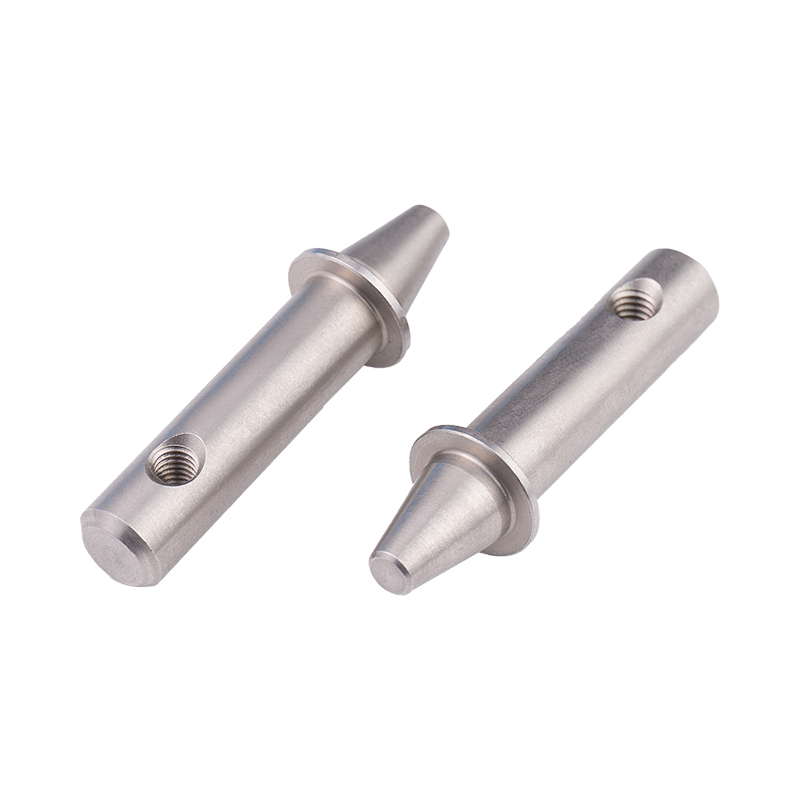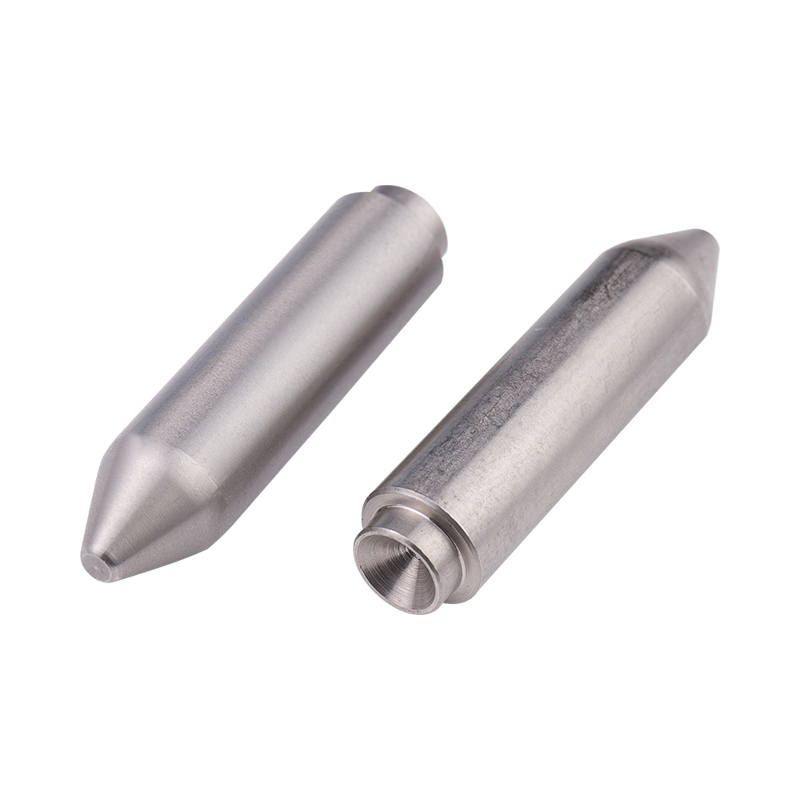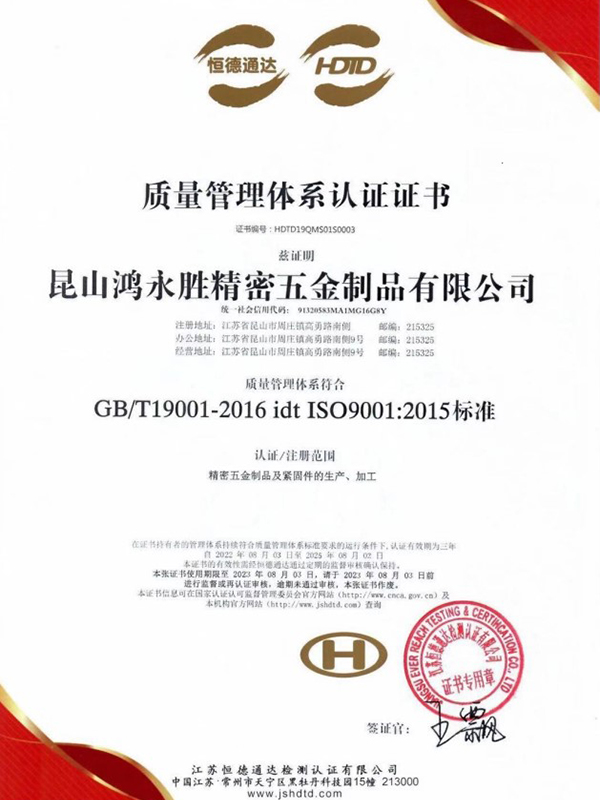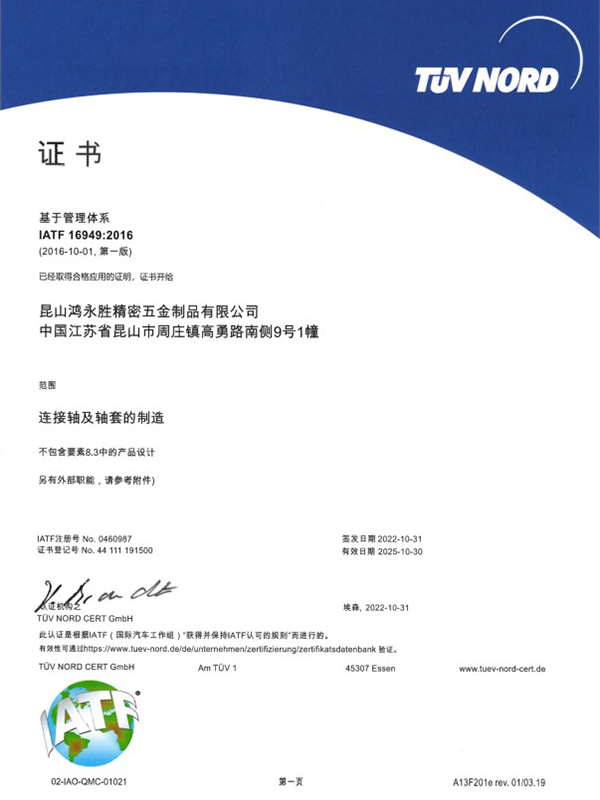Definition and Basic Concept of Hexagonal Rivet Nuts Hexagonal rivet nuts are internally threaded fasteners designed to create strong, load-bearing threads in thin or hollow materials where convention...
READ MOREThe company has obtained two quality system management certificates of ISO9001:2015 and IATF16949:2016.
At present, the company has been for Japan, Sweden, the United States, Singapore, Malaysia, Hong Kong and the Pearl River Delta and many other customers to provide services, now the main customers are: Japan Sharp (SHARP), Japan SMC, Japan Panasonic (Panasonic), the Swedish automobile VOVOL, etc., all the fixed assets investment of more than 30 million dollars, welcome friends from all walks of life to the factory to visit, study, consulting and come! We welcome friends from all walks of life to visit our factory, investigate, consult and come to us for sample processing.
We are looking forward to establishing a good business partnership with you with mutual trust and reciprocity!
-
-
Understanding Sealing Requirements in Hydraulic and Pneumatic Systems Hydraulic and pneumatic connections operate under internal pressure, media flow, and frequent pressure fluctuations. In these syst...
READ MORE -
Introduction to Screw Hardware Screw hardware is a fundamental component in construction, manufacturing, and DIY projects. It plays a critical role in joining materials securely, providing structural ...
READ MORE -
Introduction to Round Head Cross Bolts Round head cross bolts are a type of fastener widely used in construction, machinery, and industrial applications. They feature a rounded head with a cross slot ...
READ MORE
How do non-standard taper pins compare to other types of fasteners or connectors in terms of performance and versatility?
Non-standard taper pins are designed to provide a precise and snug fit between components, ensuring minimal play or movement once installed. This precision fit is crucial for applications where alignment and stability are paramount.
Due to their conical shape and wedging action, non-standard taper pins can withstand high axial and shear loads, making them suitable for heavy-duty applications where other fasteners may fail.
Non-standard taper pins have a self-locking feature, meaning that once installed, they resist loosening or disengagement due to vibrations or external forces, enhancing the overall reliability and safety of the assembly.
Compared to some other fastening methods like bolts or screws, non-standard taper pins require minimal space for installation, making them ideal for applications where compactness is crucial.
Depending on the material used, non-standard taper pins can offer excellent corrosion resistance, making them suitable for use in harsh environments or outdoor applications where exposure to moisture or chemicals is a concern.
Non-standard taper pins can be tailored to meet specific application requirements in terms of size, shape, material, and other parameters, offering versatility and flexibility in design and implementation.
Once the tapered hole is prepared, non-standard taper pins can be easily installed using simple tools, reducing assembly time and labor costs compared to some complex fastening methods.
While non-standard taper pins may have higher upfront costs compared to some standard fasteners, their long-term performance, reliability, and reduced maintenance requirements can often justify the investment, resulting in overall cost savings over the lifespan of the application.
What factors influence the cost of designing and manufacturing non-standard taper pins?
The choice of material for the non-standard taper pins plays a significant role in determining the cost. High-quality materials with specific properties, such as strength, corrosion resistance, or temperature resistance, may be more expensive than standard materials.
The level of customization needed for the non-standard taper pins directly impacts the cost. Complex designs, unique shapes, precise tolerances, or special surface finishes may require additional manufacturing processes, specialized tooling, or manual labor, all of which can increase costs.
The volume of non-standard taper pins being produced affects the overall cost. Mass production typically leads to economies of scale, reducing per-unit costs. Conversely, small-batch or one-off production runs may incur higher costs due to setup and tooling expenses.
Tighter tolerances and higher precision requirements result in increased manufacturing complexity and potentially higher costs. Achieving extremely precise dimensions and surface finishes often requires advanced machining techniques and additional quality control measures.
The chosen manufacturing processes significantly impact the cost. Machining, grinding, EDM (Electrical Discharge Machining), or other specialized processes may be required depending on the material and design specifications, each with its associated costs.
Labor costs, including skilled machining operators and technicians, contribute to the overall cost of manufacturing non-standard taper pins. Complex designs or manual finishing processes may require more labor hours, increasing production costs.
The need for specialized tooling, fixtures, or equipment for manufacturing non-standard taper pins can add to the upfront costs. Investment in CNC machines, EDM equipment, or custom tooling may be necessary for certain designs, impacting overall production costs.



 русский
русский Español
Español





